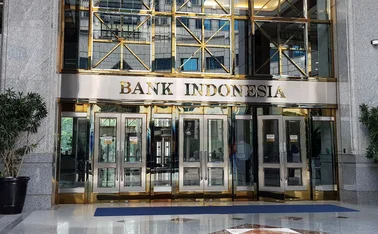
Bank Negara Malaysia to ramp up misconduct supervision, says Ibrahim
Shocking survey results shows 15% of respondents would act ‘unethically’ when not being monitored

Bank Negara Malaysia (BNM) will implement a new transparency framework at the beginning of 2018 as an added deterrence against misconduct, the central bank’s governor announced on May 13.
Speaking in Kuala Lumpur, Muhammad bin Ibrahim spoke about the importance of upholding a level of “professionalism” and the risks to integrity and confidence caused by financial misconduct.
“We have made significant progress to professionalise the banking industry,” Ibrahim said, but noted there were still a
Only users who have a paid subscription or are part of a corporate subscription are able to print or copy content.
To access these options, along with all other subscription benefits, please contact info@centralbanking.com or view our subscription options here: www.centralbanking.com/subscriptions
You are currently unable to print this content. Please contact info@centralbanking.com to find out more.
You are currently unable to copy this content. Please contact info@centralbanking.com to find out more.
Copyright Infopro Digital Limited. All rights reserved.
As outlined in our terms and conditions, https://www.infopro-digital.com/terms-and-conditions/subscriptions/ (point 2.4), printing is limited to a single copy.
If you would like to purchase additional rights please email info@centralbanking.com
Copyright Infopro Digital Limited. All rights reserved.
You may share this content using our article tools. As outlined in our terms and conditions, https://www.infopro-digital.com/terms-and-conditions/subscriptions/ (clause 2.4), an Authorised User may only make one copy of the materials for their own personal use. You must also comply with the restrictions in clause 2.5.
If you would like to purchase additional rights please email info@centralbanking.com





